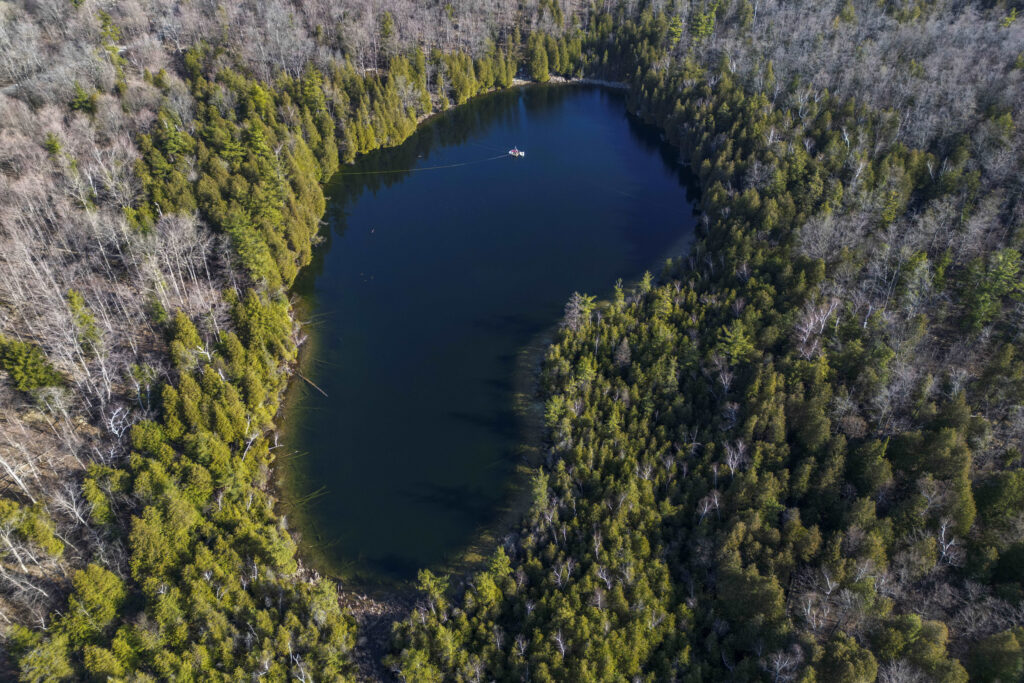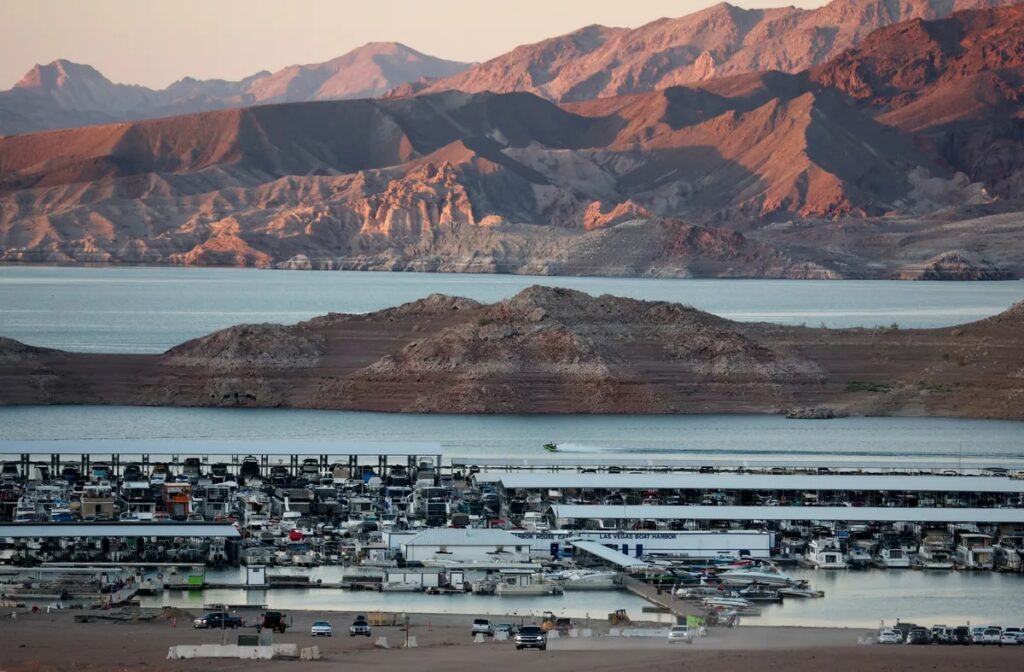As governments around the world rely on “settled science” and fanciful economics to redesign everything and have it work marvellously, it is sobering to read that “The City of Hamilton says it has uncovered another sewage leak that has been dumping waste into Lake Ontario for more than two decades, with the mayor saying they will continue to search for other leaks underground.” Another leak? Oh yes. “The revelation comes after the city reported in November that a leak discovered to be from 1996 had dumped 337 million litres of sewage into the Hamilton harbour in the 26 years it went undetected.” And now a second leak from “as many as 11 residential properties”, also thought to date to 1996, “when a 100-year-old combined sewer pipe was connected to a newly constructed storm sewer.” Now if you’re wondering who monitors water quality, why, it’s the government. Who builds and maintains sewers? Why, it’s the government. Who didn’t notice poop in the water? Same. So if they don’t even know about that rather in-your-face issue, do you really believe they know where GHG emissions are coming from and in what quantities and what impact they’re having?
The notion that we have a precise handle on emissions and their impacts is pervasive. It’s part of what William Barrett has called “the illusion of technique”, that measuring and mathematizing everything would bring us a much better life if we could do it, and indeed we can. Thus Euronews.green announces that “‘Climate impact’ food labels could encourage consumers to eat less red meat, study says”. Which is probably true in one sense, that a certain kind of person would, if told “this burger will flood Pakistan”, not purchase it.
Whether people in the real world would react like the 5,049 adults in a university study given fictional labels on fictional food is not so clear. But even if they would, the claim is false in two other major ways. First, it’s entirely circular; labels saying red meat causes bad weather embody an assumption rather than proving a proposition. And second, they embody the assumption that someone somewhere has tracked out all the impacts of the entire meat supply chain on emissions of CO2, NH4 and other gasses including those used in refrigeration, and all the impacts of those emissions on climate, with such precision that they can tell you what your particular lamb chop did and, which is crucial in the real world of trade-offs, how its impact compares with those Chilean mealworms or Burmese tofu or whatever it is in the next package.
No one who has read “I, Pencil” would ever believe such a thing. Thus as one of us warned back in 2002, when the Canadian government made a very high-profile decision to ratify the Kyoto Agreement and set ambitious GHG reduction targets it then proceeded to miss with exceptional consistency, the idea that the government had any idea what was going on, let alone what to do about it, was laughable, since they didn’t even know where the various GHGs were coming from, let alone what they were doing or what to do about it.
Now it turns out they don’t even know where the guck in their own sewers is going.
Told you so.



A line I have used since I was actually involved in municipal politics (in a small town) a few decades ago is that too many municipal politicians see themselves as being suited to higher office where they can fix the "environment", climate, housing etc. when most don't even have a grasp of how their own sewage system works.